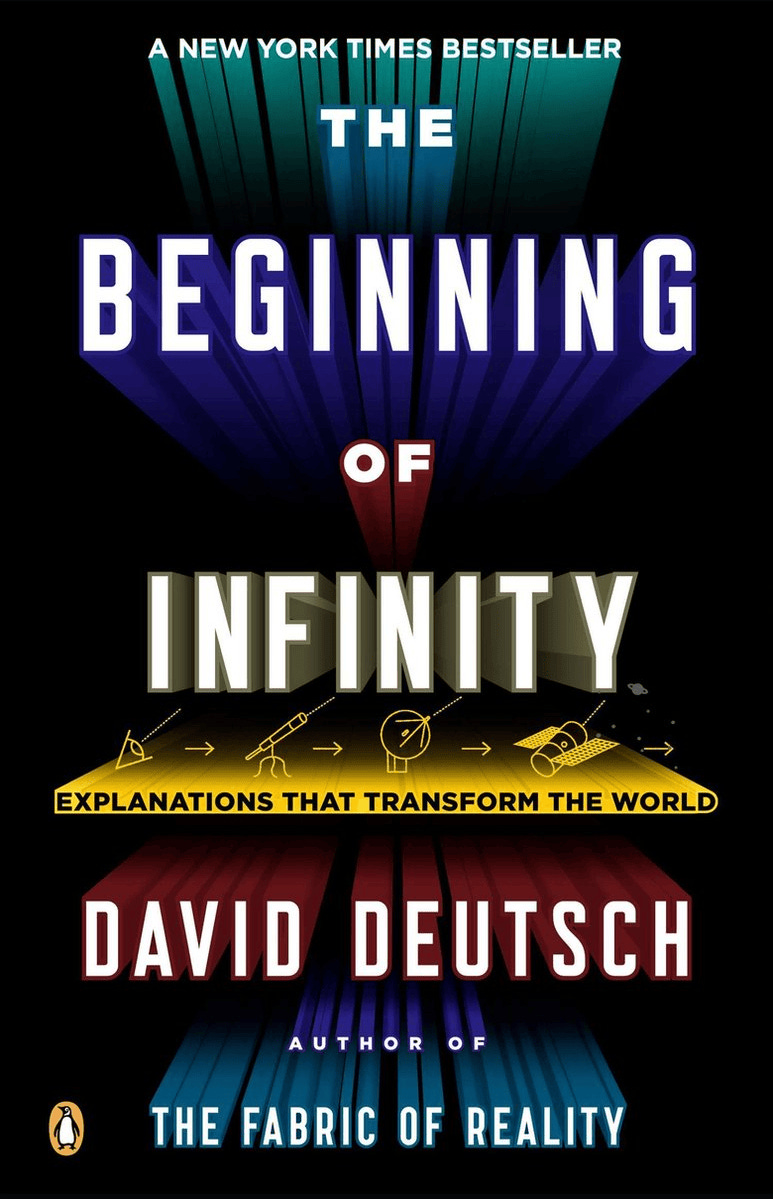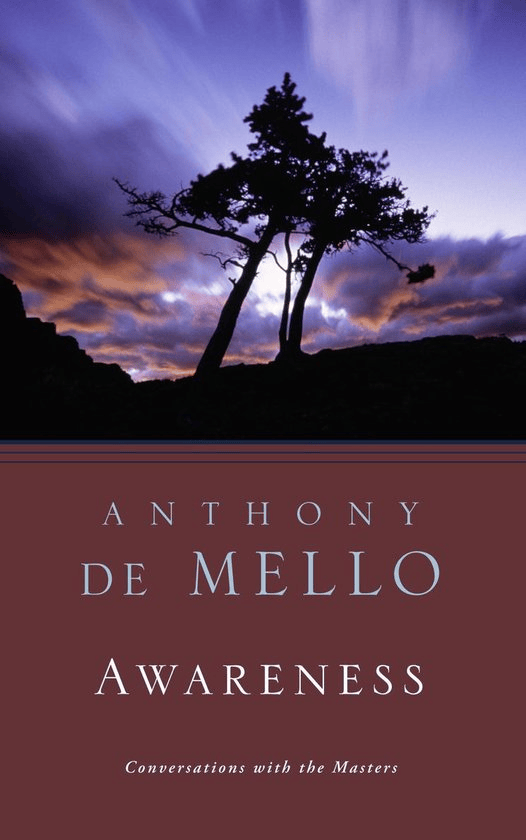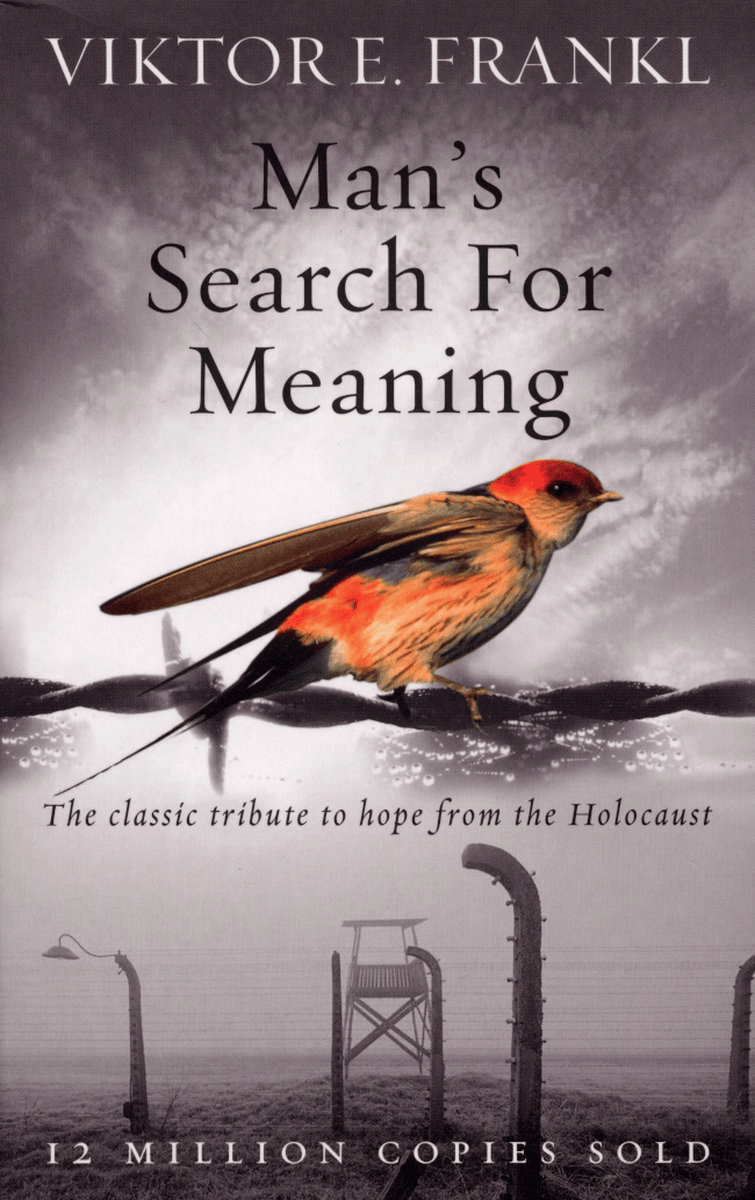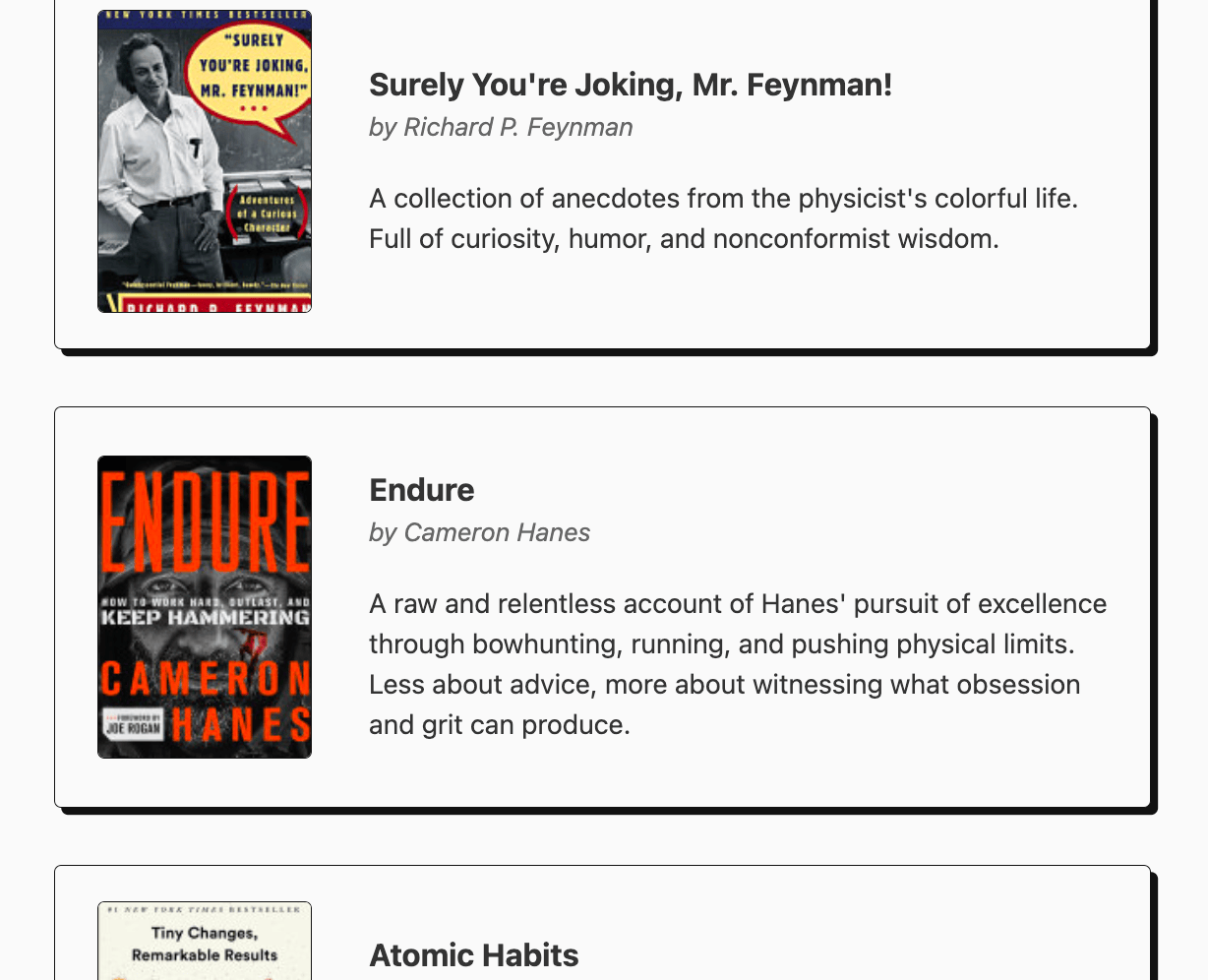My Favorite Books & New YouTube channel
Edwin's Do-It newsletter #46 - Update on what I've been working on
Hello everyone,
Hope you've all been well! I'm happy to share that I’ve recently had more time to focus on my book—both researching and writing. It’s deeply rewarding work, but the focus it demands can also be a bit draining. That’s why I’ve started taking on a few side quests I really enjoy. Specifically, I’ve launched a YouTube channel and put together a list of my favorite books.
New YouTube channel
I’ve recently started a YouTube channel! Each week, I’ll be posting 10–20-minute videos where I explain—practically and simply—how the ideas of critical rationalism and David Deutsch can be applied to everyday life. Think of them as casual, relaxed excerpts inspired by different parts of my book.
I’ve been enjoying the one-take, riff-style format, and the first two videos have been well received. Even Deutsch himself seems to have liked them!
Check out the latest video: How to Understand Your Mind with David Deutsch & Critical Rationalism.
PS: I’ll also be publishing the videos as audio-only on major podcast apps soon, so it’ll be even easier to tune in.
My favorite books
I can’t remember the last time I put together an extensive book list, so I figured it was time. In this newsletter, I’ll share the three most impactful books I’ve ever read. These are the books that have most deeply influenced my worldview and personal ethics thus far. I revisit each of them regularly:
1. The Beginning of Infinity by David Deutsch
Hands down the best book I've read. The Beginning of Infinity explains the deepest theories we know, across physics, philosophy, and science, in a precise, bulletproof way. My favorite is Deutsch' account of our best theory of knowledge: Critical Rationalism. The most impressive part of the book is its optimistic and empowering undertone. Since the Enlightenment, humanity has entered a phase of open-ended progress, where all problems not forbidden by the laws of nature can be solved. Truly epic and electrifying.
2. Awareness by Anthony de Mello
This is the clearest and most accessible account of non-dualistic philosophy I've read. It explains the mind as a useful but fallible tool, something to experience and utilize rather than identify with. It's not overly intellectual and also not annoyingly vague. Unlike more mystical books like The Power of Now, this one is practical and direct, using short, powerful statements repeated in different contexts. "Waking up" to the insight that the mind is not an adversary is essential for good mental health.
3. Man's Search for Meaning by Viktor Frankl
This is my favorite articulation of existentialist philosophy, the view that life has no inherent meaning but that we can create our own through the choices we make. Psychiatrist Viktor Frankl survived years in Nazi death camps and observed that those who endured suffering best were those who chose to live for something beyond themselves. After the war, he turned this insight into a therapeutic practice called logotherapy, helping people escape depression by finding meaning in their own lives.
More books
On my website, you’ll find an extended list that includes:
My Top Picks: 7 books that have significantly shaped how I see the world. Many of their insights have influenced both my outlook on life and the content of The 4 Acts book.
My Great Reads: 24 books I’ve really enjoyed and consider worth recommending.
These books span a wide range of genres: from motivation to science, self-improvement, societal structure, and even spirituality. You’ll also find a short note on why I like each one.
Check them all out here:
edwindoit.com/favoritebooks
That’s all for today! I plan to post more frequently again, so you’ll be hearing from me soon.
Take care,
Edwin





